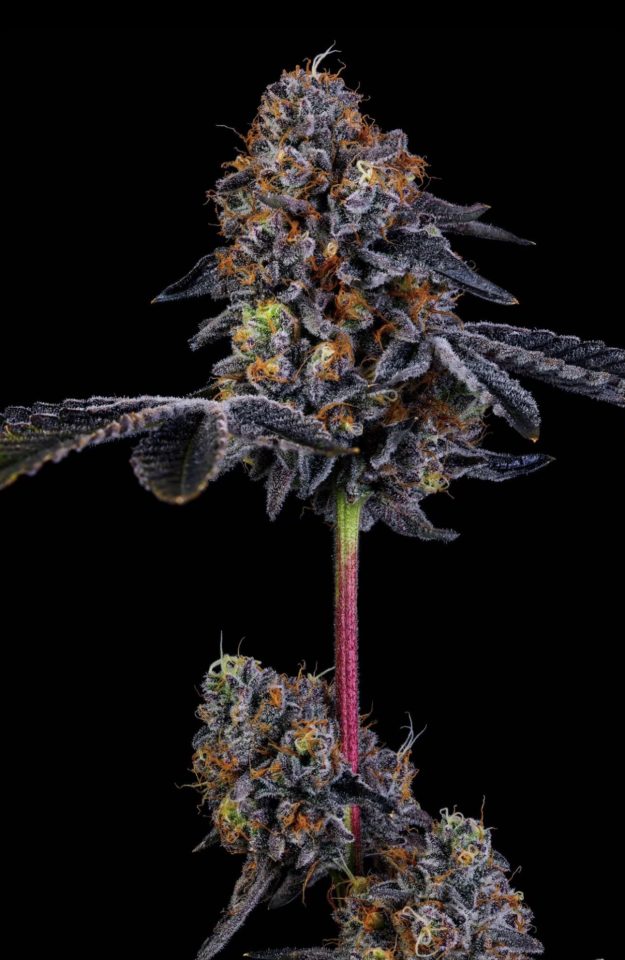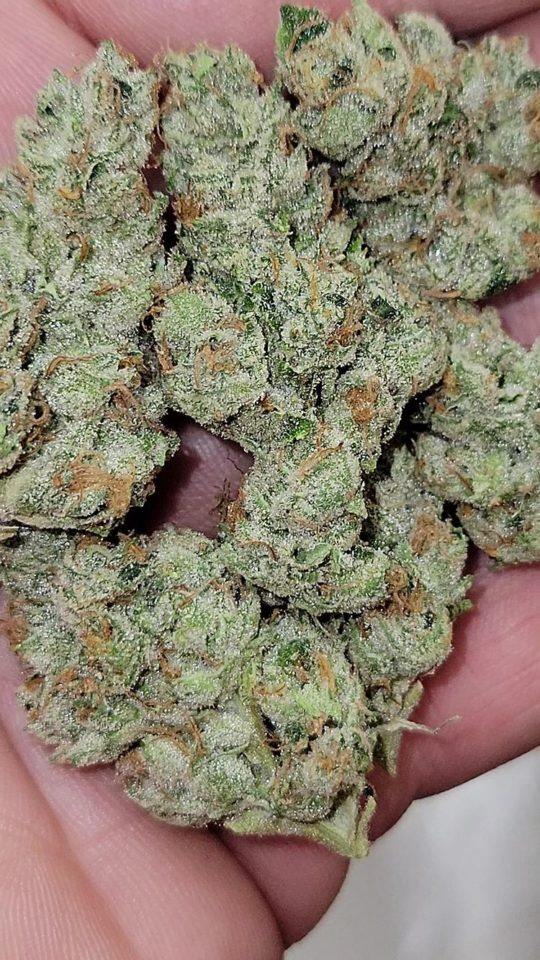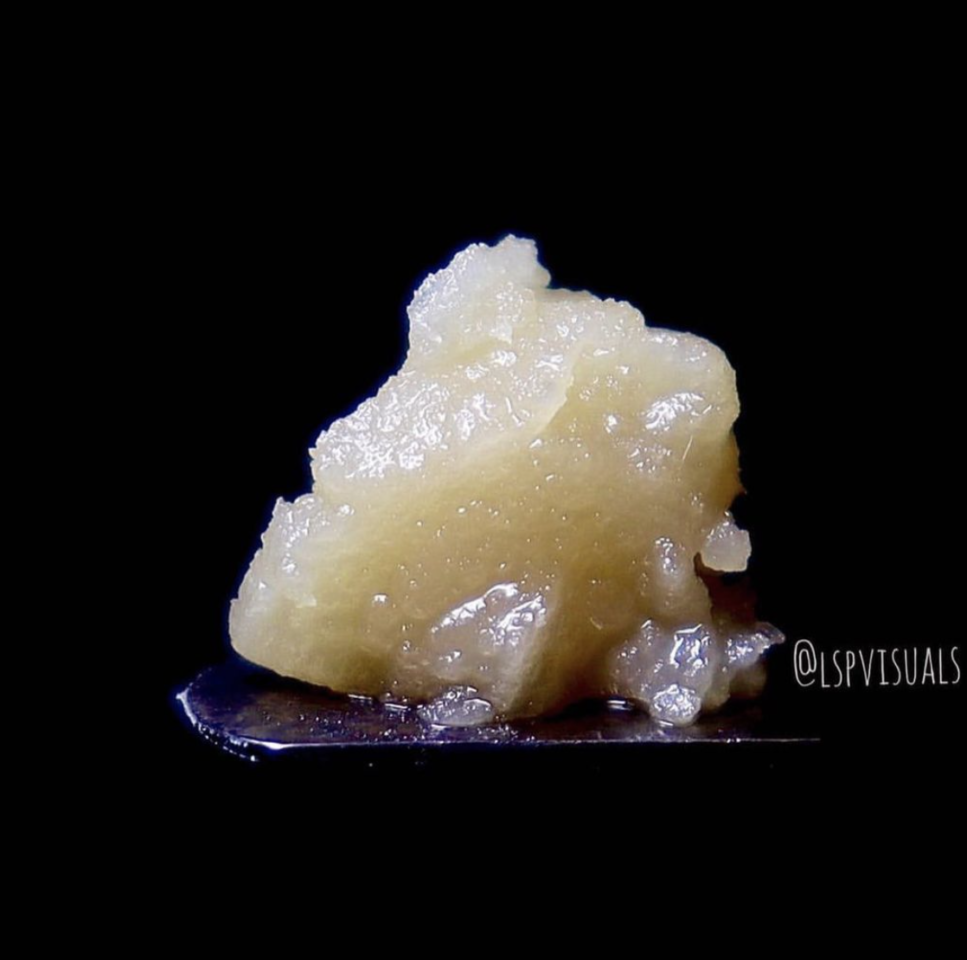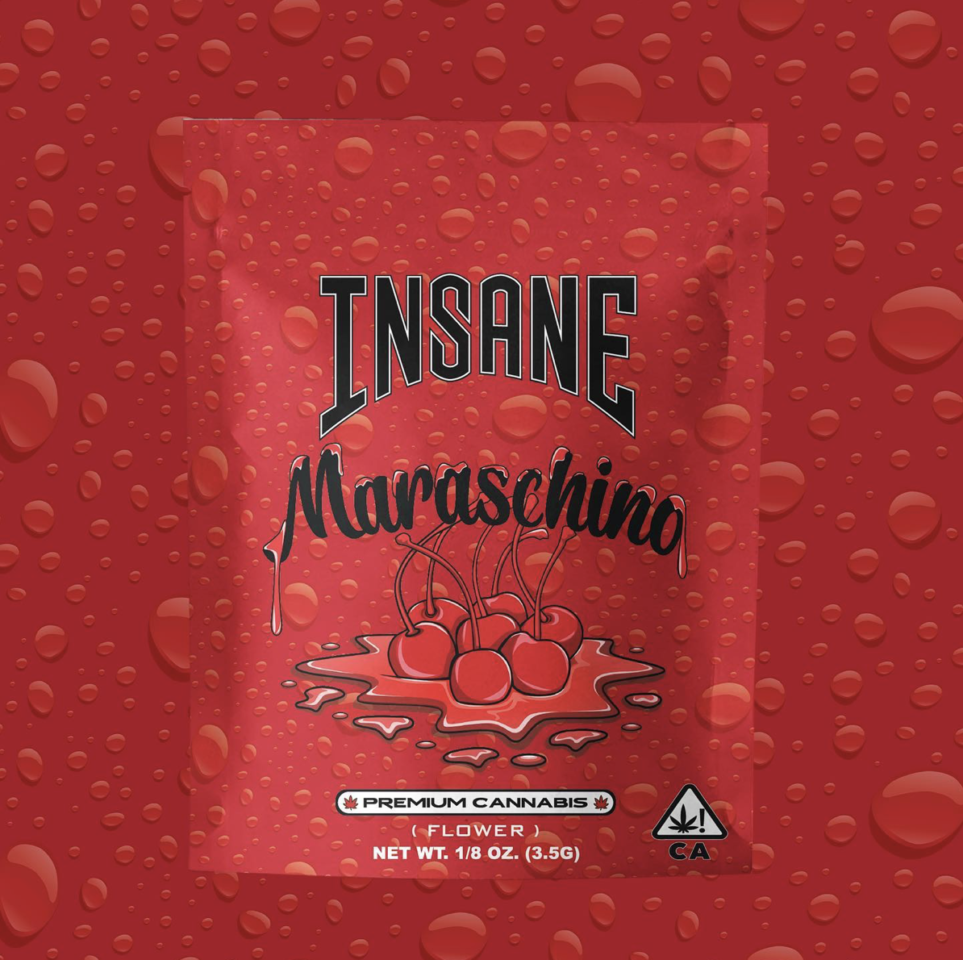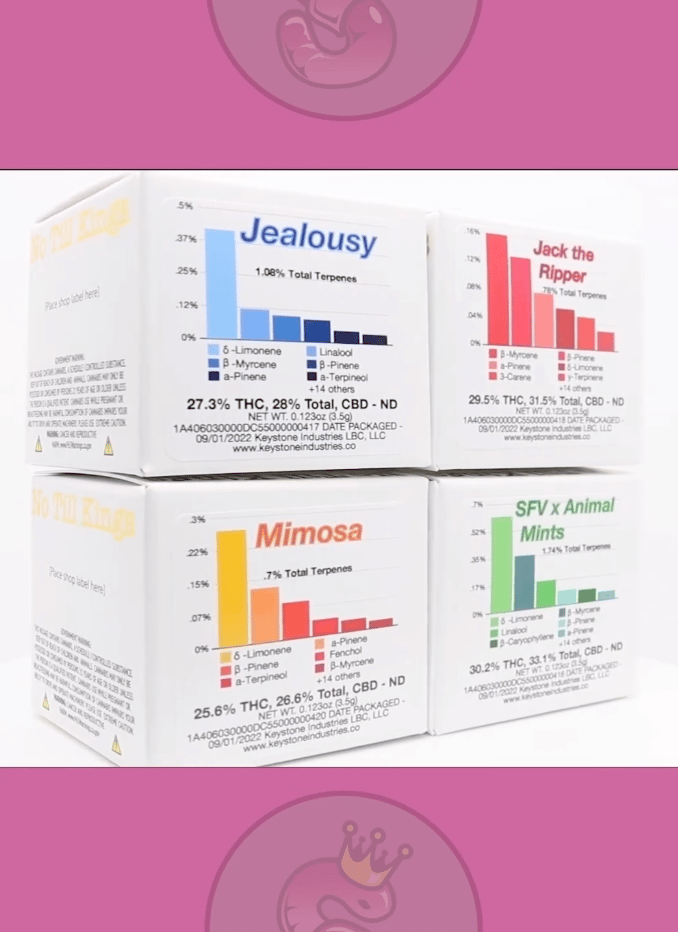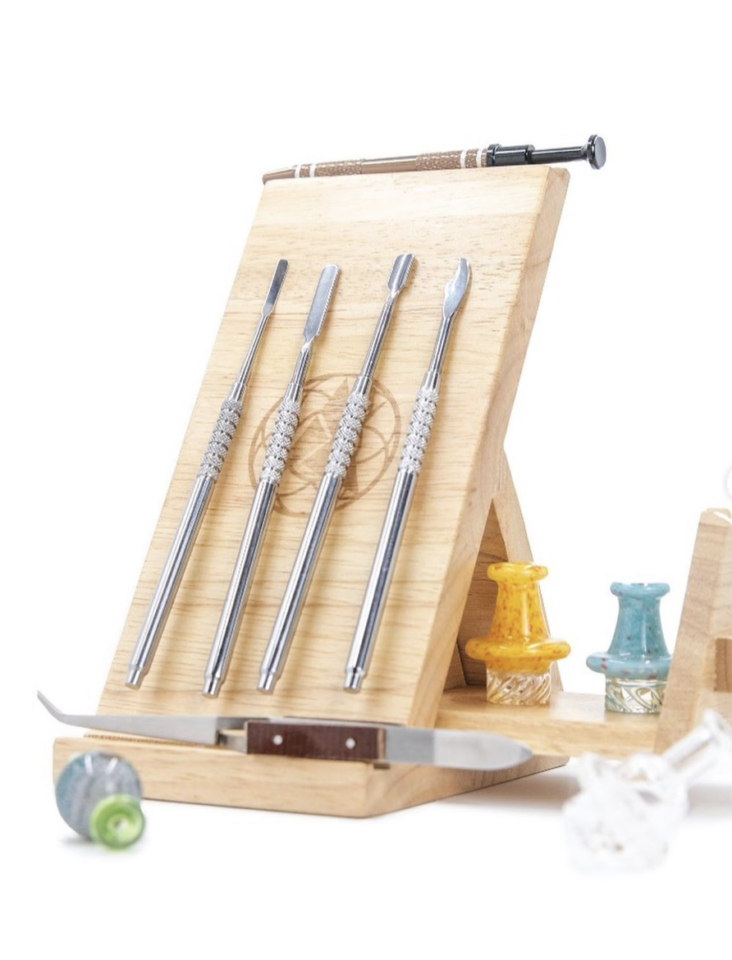I was a stoner from the 70s, and didn’t recognize cannabis as medicine until I was presented with cancer in my 50s. They told me I was a stoner—a stupid one, at that. But now, I’m an Educated Stoner, and am wise to the lies.
This month marks 10 years since getting educated on cannabis as a beneficial plant, after using cannabis oil to put breast cancer into remission in 2012.
I’d been working as a producer/writer for television in Los Angeles, when I was brought up to Humboldt County, California, to produce a news show for local TV, then ended up as the lead features writer for the Times-Standard in the County seat of Eureka.
When the cancer went away (with no surgery or chemotherapy needed), along with upwards of 10 pharmaceuticals and supplements needed for many ailments and disorders, I felt I had no choice but to cross over from mainstream media into the cannabis publishing space to write about the plant as medicine.
My joke used to be that I was a woman with a voice taken from Los Angeles, dropped in the cannabis capital of the world, and given breast cancer. But, during a session with an energy worker a few years ago, I was told it’s no joke, that this is my path already laid out before me, and that my voice is being used for the greater good of the plant.
I like and accept that explanation. It’s been a calling I’ve answered—and not one for the faint of heart, as the stories I write are patient profiles, detailing successful outcomes in using cannabis as medicine. The stories are known as anecdotal, and until the U.S. government finally fesses up and acknowledges the plant as medicine, all we have are our words to each other to educate.
The sad part for me is, I’ve never been able to submit stories of healing to mainstream publications. What little information on the plant as beneficial getting published for the masses to see is always titled as a question, “Can marijuana help with pain?” We cannabis patients and caregivers already know the answer. We are waiting for medical professionals and legislators to catch up and stop playing politics with a plant that heals when pharma fails us.
Health & Persecution
The pharma I had taken for more than 10 years prior never really made me feel better, with the lists of side effects for each pill taken often making me feel worse than the malady itself.
Thyroid disease alone comes with a long list of symptoms that come and go as they please, including hormonal depression, weight gain, digestive issues, and too much misery to mention here. Going into menopause with Thyroid disease is a double hormonal whammy, and I’d been suffering steadily, emotionally and physically, until I began the cannabis oil protocols (60 grams ingested in 90 days, with a step-up dosing guide).
My newfound good health and wellbeing was short lived, though, as I was quickly ridiculed and questioned by friends, family, and strangers alike, who just could not believe that weed helped with as many ailments as I was claiming.
Believe me, no one was more surprised than I, but my truth was adamant and demanding. I had no choice but to use my voice to educate others and right the wrongs that had lasted decades. This plant put my cancer into remission while doing away with pharma, but for most, my story was just too good to be true.
When I was in mainstream media I was respected, with people believing what I said and reported. After crossing over into writing for magazines with funny names, and writing about one of the most demonized plants on the planet, the response from most was not kind.
Writing for a cannabis magazine, you’d think I’ve been preaching to the choir all this time, but even the most ardent 24/7 stoner has a hard time realizing the plant as a strong and valuable medicine to be ingested, not just smoked. I like to say, your endocannabinoid system doesn’t give a shit about you wanting to get high.
The U.S. government did an excellent job of convincing people the plant is bad, and that tetrahydrocannabinol (THC) is crazy-making. Children will be ruined, lives will be lost!
It was all bullshit. That’s what I’ve learned after leaving mainstream media behind. And the other truths I found afterwards about so many other lies just added to the conundrum of who I thought I was, who I used to be, and who I had become with this newfound knowledge.
Relax, it’s a Superfood
“If this works, why don’t I know about it?” That was my first response when given the strong cannabis oil that changed everything.
The definition of a superfood, or what I like to call “super plants,” are any plant with a wide array of beneficial compounds able to address a wide range of ailments.
Superfoods address all of our 11 biological systems via the endocannabinoid system (eCS), which is not just for accepting cannabis compounds. All beneficial plants have terpenes and cannabinoids, where the medicine is found. It’s not rocket science or complicated, it’s just how plants work with biology of humans and animals alike. (Read about superfoods here.)
As I’ve stated many times, when they told us to eat our fruits and vegetables, they should have scared the shit out of us. They should have said it’s a matter of life and death, because it is.
Beneficial plants have terpenes or scents because we have a nose. It’s a symbiotic relationship that’s been broken for decades. We’ve been led away from the garden for far too long, with many people not knowing how to cook real food from the garden, let alone understand or know how to make remedies from plants.
When you are drawn to a certain beneficial plant’s scent, it means your body biologically needs that plant and its compounds. Love lavender? You may need to chill. This is how plants speak to us and our needs.
Apothecary, the practice of making medicine from plants, was how humans healed before the pharmaceutical industry was created in the late 1930s, using synthetic formulations with patents for profit. The formulations can only attempt to mimic the healing power of plants, with negative side effects the norm.
Plants heal and quell illness, infection, and more, while strengthening the immune system, creating homeostasis in the body, or a place where illness cannot dwell.
As an example of how pharmaceuticals damage while attempting to heal, take antibiotics, for instance. Now, I don’t know why we’d take (or name) anything to do with healing “anti,” let alone anti “biotics.” It doesn’t sound right to begin with. Antibiotics stop infection, yes, but while doing so, they kill the good cells too—weakening the immune system. Why the hell would we do that?
Because you can’t patent a whole plant for profit, and why they are now breaking down the compounds of the cannabis plant to make patented formulations. This pains me, as the entire plant is necessary, it’s how it was designed to work with us.
The God Plant
Probably the most frustrating part of all this for me is, we as a species upped the levels of THC to the heights we have today via hybridization. We created the controversy and now must explain the THC and manage it as a medicine.
The original plant, known as the God plant, used in Holy Anointing Oil from the Bible (see The Soma Solution), measured in at less than 5% THC. About the same amount as our hybridized cannabindiol or CBD cultivars, otherwise known as hemp.
The late Lawrence Ringo of Southern Humboldt spent nearly 15 years hybridizing the plant’s THC back down, giving us cannabidiol or CBD high cannabis. He referred to a low THC cultivar as the “God Plant.” It was these plants that were taken from California to Colorado, then called Charlotte’s Web. The Stanley brothers couldn’t say they crossed state lines with the plants, giving Ringo the honorary title of the Father of CBD. (Read Ringo’s story here.)
Now, don’t get me wrong, I love THC. It speaks to me, and women in general for hormonal issues, to which we have many all throughout our lives. I like to say, I’m menopausal, you don’t want to see me not smoking weed all day.

What I’ve Learned
In the past 10 years, I’ve learned that you can’t expect everyone to accept plants as medicine. Until the eCS is taught in medical schools, medical professionals will be in the dark.
The saying “you can lead a horse to water, but you can’t make it drink” was never more clearer to me concerning cannabis. I can talk about the power of plants all day long, but with the negative stigma of the plant hovering overhead and cannabis still listed on Schedule 1, with no medicinal value, I can only evangelize the plant. From my mouth to their ears. They might not believe it, but they hear me.
Education is everything. Being in media now for more than 20 years, I’ve known this. It’s why I do the work I do in educating on cannabis and other plants as medicine. Being an Educated Stoner is not easy, but it has its perks. I’m privileged in my knowledge of plants, and won’t knock anyone still using pharmaceuticals.
And my cancer can come back. Whether you use chemotherapy or cannabis, cancer is only put into remission. It’s in our stem cells from decades of toxins added to our environment by our own hand. Once again, as a species, we created the mess.
The cancer I put into remission on my forehead nine years ago came back worse last year. In fact, I have cancer spots all over my body now from growing up on the beach and being a lifelong gardener. They say it’s part of old age now to have cancer, and I feel lucky I’ve been able to quell it and so many ailments over the years using cannabis and other plants.
But, this Educated Stoner knows there are no guarantees in life or in dying. There’s only here and now, and cannabis helps.
The post Educated Stoner appeared first on High Times.
source https://hightimes.com/health/educated-stoner/?utm_source=rss&utm_medium=rss&utm_campaign=educated-stoner

 Coolio Gangsta Paradise.
Coolio Gangsta Paradise.
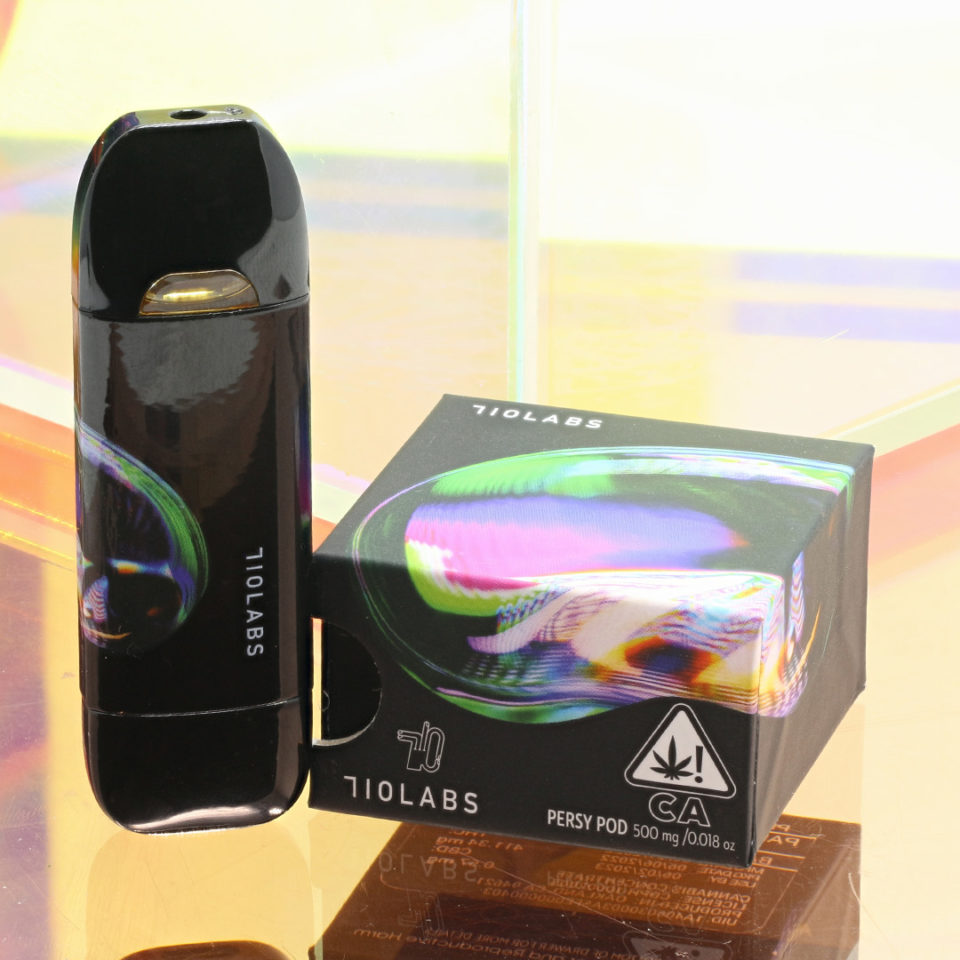
 (@DataDrivenMD)
(@DataDrivenMD) 
